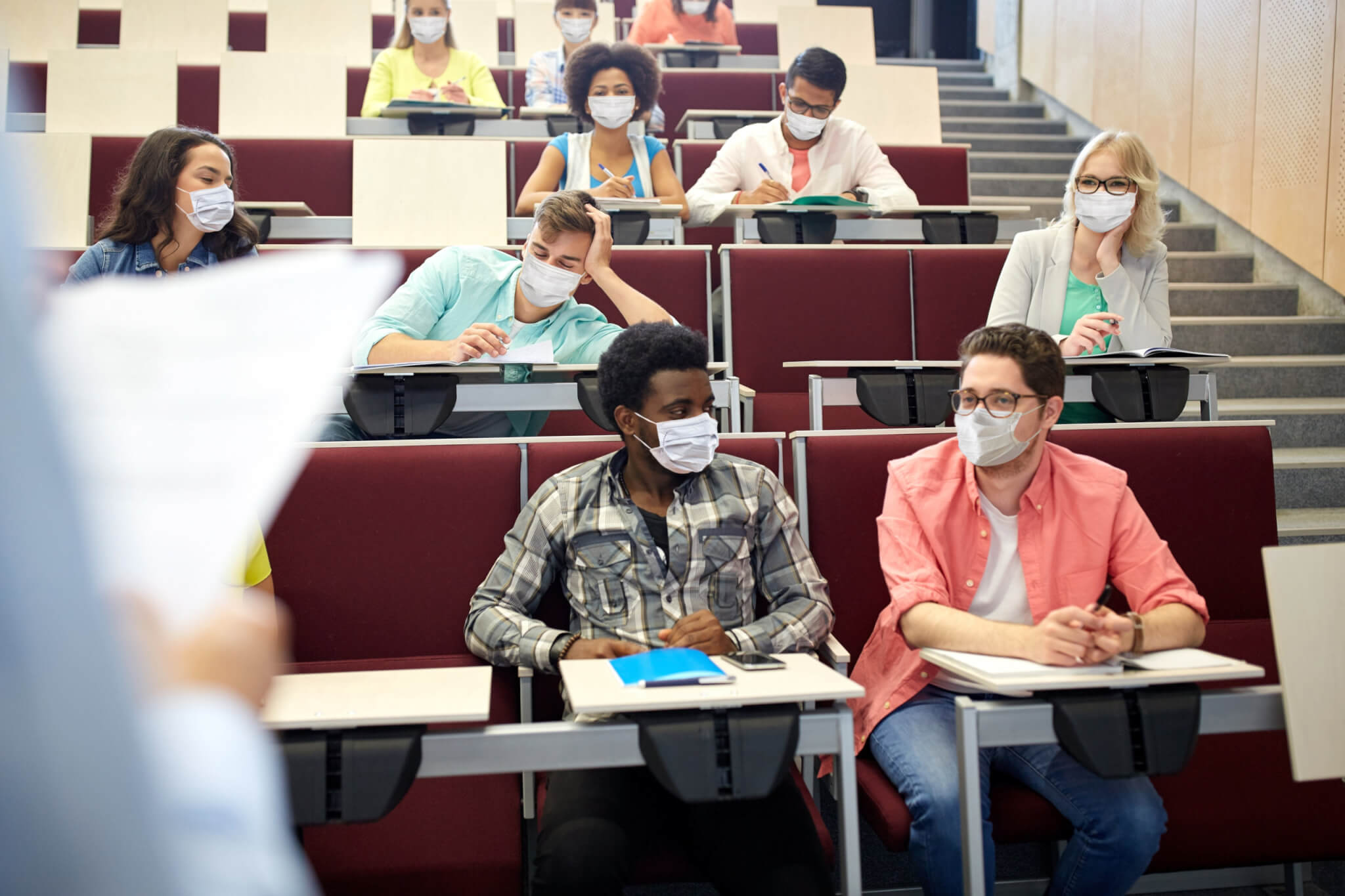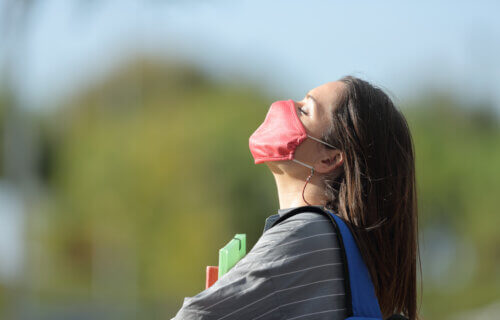BOLTON, England — Nurses, doctors, and other healthcare providers across the world battled severe levels of stress and anguish during the height of the COVID-19 pandemic. Being surrounded by severely ill patients and seeing so many lose their lives from a coronavirus infection certainly took a toll on those in the trenches. Incredibly, new research shows health workers may not have experienced the worst of the psychological damage. British researchers report that the mental health of university students was more severely affected by the pandemic than even that of medical professionals.
According to the study, COVID-19 and the ensuing lockdowns exerted a “profound, long-lasting impact” on the psychological well-being of undergraduate students. By May 2021, researchers discovered that mental distress levels among students in the United Kingdom had surged over threefold since the pre-pandemic period. This surpasses the distress levels reported among healthcare workers.
The study, which monitored students’ well-being through 2020 and 2021, reported that undergraduates at U.K. universities endured extended periods of significant psychological distress and anxiety during the pandemic. They also reported “markedly” diminished levels of well-being, happiness, and life satisfaction compared to pre-pandemic measurements.
The research conducted at the University of Bolton underscores the dramatic effect of strict lockdown measures on students. The closures of universities, the imposition of solitary study, and the absence of in-person lectures or peer interaction led to substantial disruptions in their education and future career prospects.

(© Syda Productions – stock.adobe.com)
“Often in small student accommodation rooms, undergraduates were cut off from friends and close family, and unable to rely on their usual routes for seeking physical or emotional support,” says Dr. Chathurika Kannangara, the study’s co-author and an Associate Teaching Professor at Bolton’s Department of Psychology, in a media release. “In addition, common entertainment and socialization facilities such as restaurants, bars, and clubs were closed for long periods – completely stripping away the normal social aspect of university life.”
Mental health woes peaked whenever the pandemic peaked
The study tracked 554 U.K. undergraduates from May 2020 to May 2021, questioning them about their mental health and well-being at four critical points during the pandemic. The results indicated a rise in psychological distress throughout the 12 months of the pandemic, with distress levels worsening during peak COVID-19 case periods and strict confinement phases.
Data reveals that students’ psychological distress scores were slightly worse than those of a generalized group across the U.K. Moreover, the research found that students exhibited consistently higher, and more severe, levels of psychological distress than healthcare professionals in the U.K. during the pandemic.
“Even in May 2020, at the first phase of data collection, psychological distress scores were already considerably above pre-pandemic levels,” explains Rosie Allen, the study’s lead author and a research assistant at Bolton. “This could be due to the fact that on April 16th 2020, lockdown restrictions were extended for a further three weeks and on the 5th May 2020, the U.K. had the second highest daily death toll in the world.”
However, periods of relaxed rules and restrictions witnessed a slight improvement. For instance, anxiety levels dropped “significantly” in June and July 2020 when lockdown measures began to ease.
The study also examines students’ well-being and happiness, noting a significant decline in both from May 2020 to May 2021. One of the co-authors argues that a combination of factors could have prevented U.K. university students from ‘flourishing’ during the pandemic.
The researchers called for additional support for students in the wake of widespread changes to higher education since the outbreak of COVID-19. They recommended the introduction of new mental health services accessible via social media platforms or mobile phone applications, stating these resources “could combat the stigma associated with seeking professional help, and would alleviate the strain on overwhelmed mental health services.”
The findings are published in the British Journal of Educational Studies.
South West News Service writer Stephen Beech contributed to this report.
